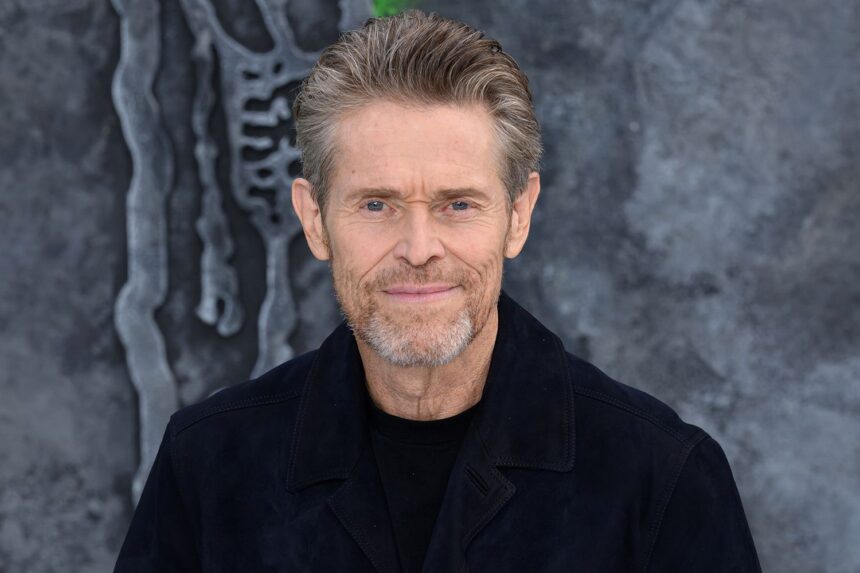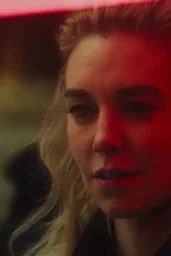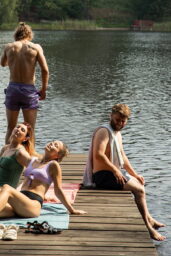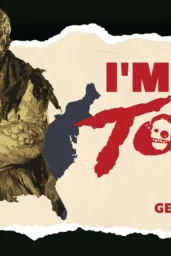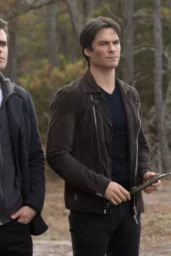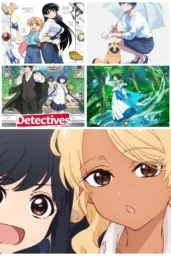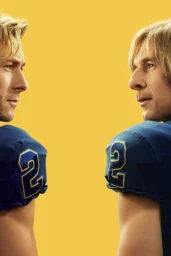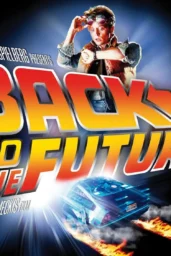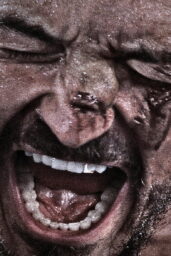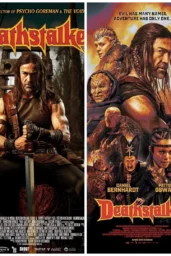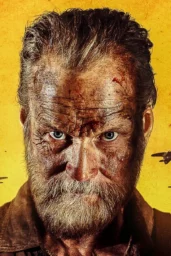Some casting announcements feel like inevitabilities dressed up as news. Willem Dafoe joining Robert Eggers' “Werwulf” is one of them—about as surprising as finding sand at the beach or discovering that studio executives still can't spell “authenticity.”
This marks their fourth collaboration, following “The Lighthouse,” “The Northman,” and “Nosferatu.” At this point, announcing a new Eggers film without Dafoe would be like announcing a new Scorsese picture without profanity—technically possible, but why would you want to?
The real story here isn't the casting itself but what it represents. In an era where directors change their entire creative teams between projects like they're swapping out rental cars, Eggers has built something increasingly rare: a genuine artistic partnership. Not the manufactured “creative family” nonsense that studios love to push, but the kind of working relationship that actually produces memorable cinema.
“Werwulf” is set for Christmas 2026—a release window that already tells you everything about the film's commercial prospects. This isn't Marvel counter-programming; it's Eggers doing what he does best, which is making films that feel like they were excavated from some buried cultural memory rather than focus-grouped into existence.
The setting is 13th-century England, with dialogue in Old English. Naturally. Because if you're going to make a werewolf film, why not make it one that requires subtitles for native speakers? Eggers had considered shooting in black and white before reportedly abandoning the idea for a “more traditional visual palette”—which, knowing his previous work, still means it'll look like nothing else in theaters.
What's particularly intriguing is Eggers' description of the project as “the darkest thing I've ever written.” Coming from the man who gave us a family slowly consumed by paranoia and black magic in “The Witch,” that's either hyperbole or a genuine warning. When a member of his own sound team posts on BlueSky that he “needed a hug” after reading the script, you start to believe it might be the latter.
The film begins shooting this September in Elstree, England, with Eggers once again collaborating with Icelandic poet and screenwriter Sjón. It's worth noting that Eggers has already lined up a fifth Dafoe project—a dark reimagining of “A Christmas Carol” with Dafoe as Scrooge. At this rate, they'll have worked together more often than some married couples.
Meanwhile, Dafoe—who remains one of our most genuinely committed actors—has four completed films awaiting release, including the intriguingly titled “Late Fame” from Kent Jones. The man's work ethic would make a Swiss clockmaker feel lazy.
There's something almost quaint about watching Eggers build his career one meticulously crafted film at a time, surrounded by the same core group of collaborators. In a business increasingly dominated by IP extensions and algorithmic content, he's managed to carve out space for something that feels genuinely personal. Whether audiences will follow him into 13th-century England for what promises to be his bleakest vision yet remains to be seen.
But then again, predictability isn't always a bad thing. Sometimes it's just another word for reliability.

